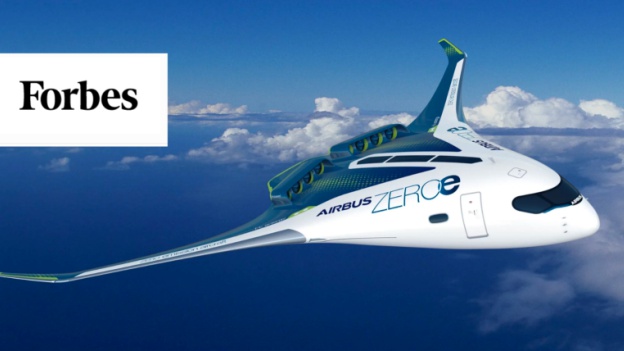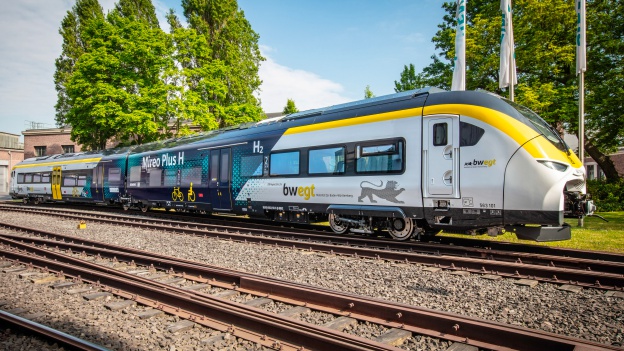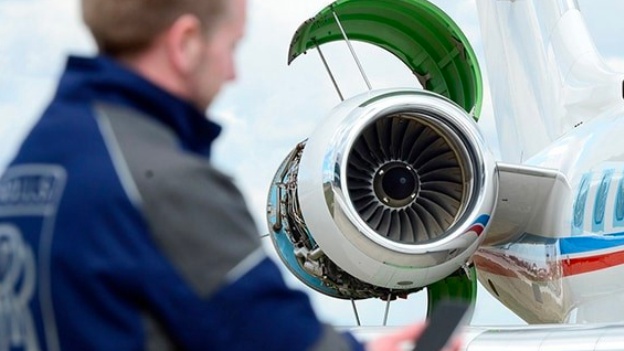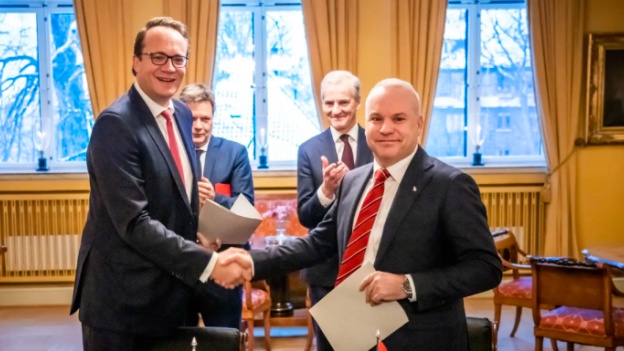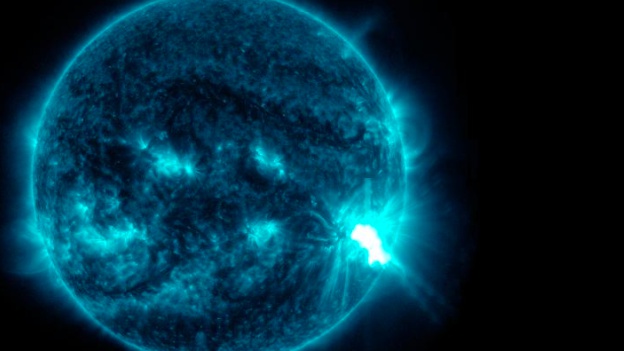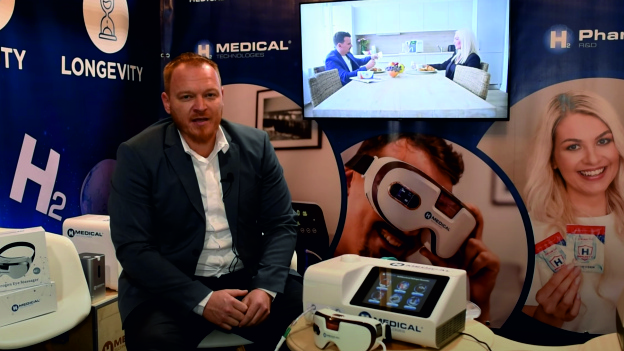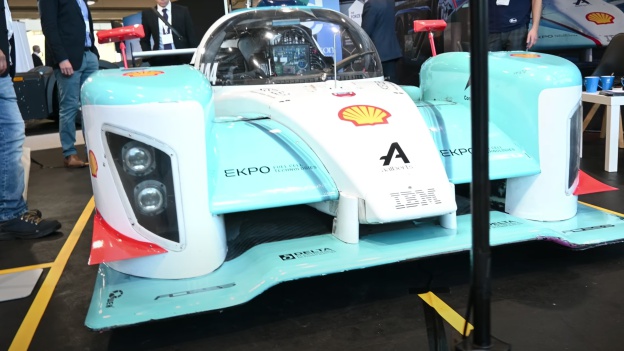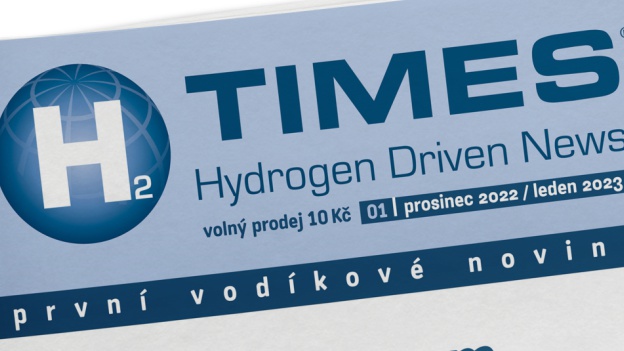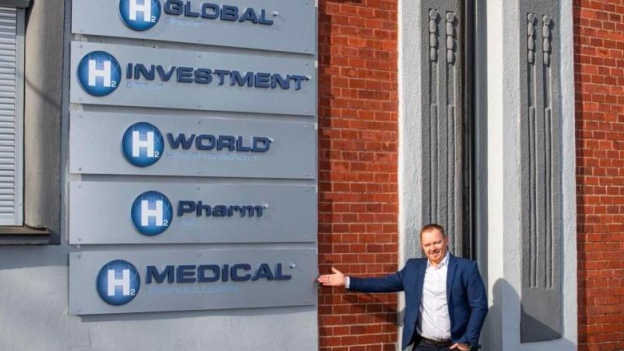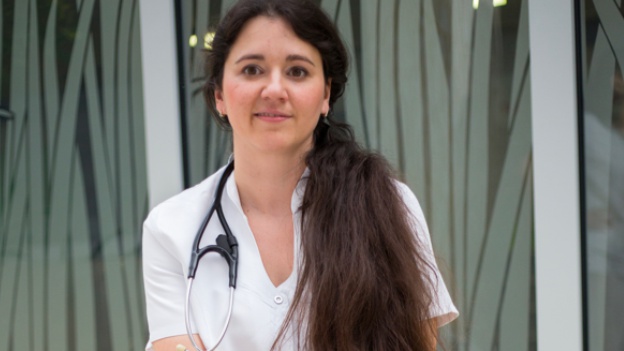The European Commission has approved up to €6.9 billion in state aid to seven Member States, including Slovakia and Poland, for a third important project of common European interest ("IPCEI") to support hydrogen infrastructure. This is expected to increase the supply of renewable hydrogen, thereby reducing dependence on natural gas.
The "IPCEI Hy2Infra" project has been developed by seven Member States: France, Germany, Italy, the Netherlands, Poland, Portugal and Slovakia.
Member States are expected to provide up to €6.9 billion in public funding, which should generate around €5.4 billion in private investment. Under the announced programme, 32 companies with operations in one or more EU countries are to participate in around 33 projects.
The project is expected to include the development of a large-scale renewable hydrogen electrolyser with a capacity of 3.2 GW. It also includes a plan to build new and support refurbished hydrogen transmission and distribution pipelines of approximately 2 700 kilometres or to support the construction of large-scale hydrogen storage facilities with a capacity of at least 370 GWh. It also envisages the construction of handling terminals and related port infrastructure for liquid organic hydrogen carriers to transport 6 000 tonnes of hydrogen per year.
"This IPCEI will create the first regional cluster of infrastructure in several Member States and pave the way for future interconnections across Europe in line with the European Hydrogen Strategy. This will boost the growth of renewable hydrogen supply to the market and move us one step closer to Europe becoming the first climate neutral continent by 2050," said Margrethe Vestager, Executive Vice-President of the European Commission responsible for competition policy.
"All the pieces of the puzzle must fit together"
"All the pieces of the puzzle must come together to successfully implement renewable and low-carbon hydrogen. With this important new project of common European interest, 32 companies, including 5 SMEs, will invest in hydrogen infrastructure totalling more than €12 billion of private and public investment to match the supply and demand for hydrogen. It provides industries with more opportunities to decarbonise their production while boosting competitiveness and creating jobs," said EU Commissioner Thierry Breton.
Individual large-scale electrolyzers are expected to be operational between 2026 and 2028 and pipelines between 2027 and 2029, depending on the geographical area. The overall completion of the projects is planned for 2029, with dates varying depending on the projects and companies.
Photo and text source: ec.europa.eu












